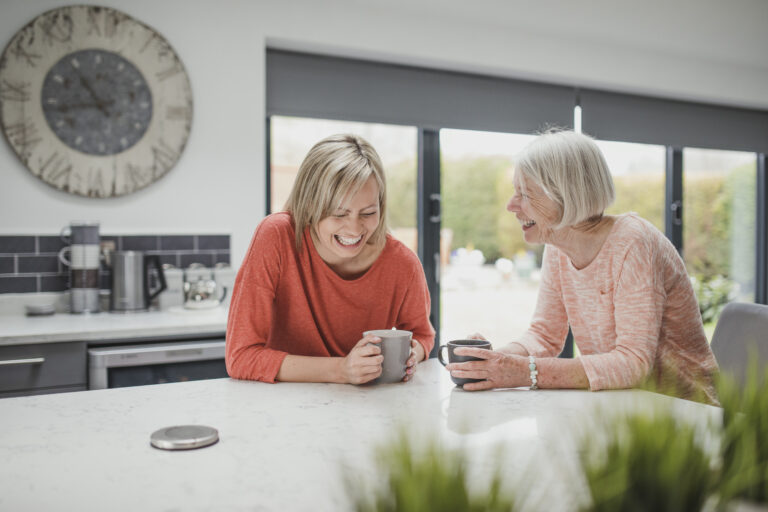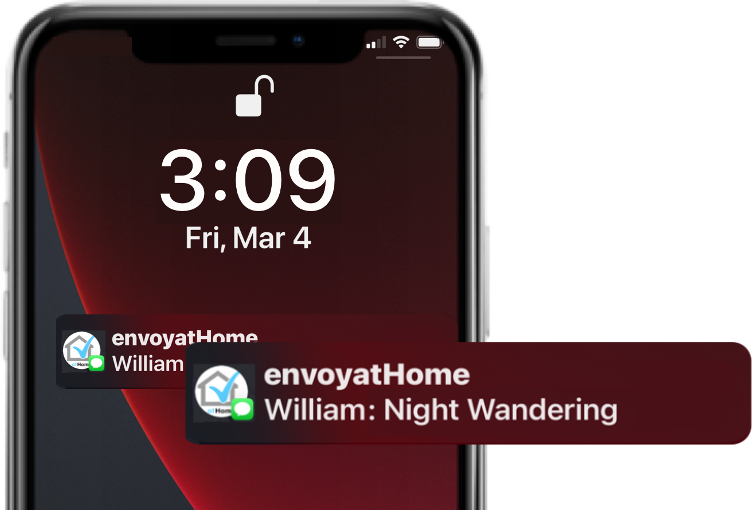
Avoid These 5 Costly Mistakes in 2025 With a Passive Remote Monitor for Seniors
Do You Use a Passive Remote Monitor for Seniors? Caring for an aging loved one is filled with decisions — and many of them come
envoyatHome is committed to caregivers of older adults aging in place. Featured in Kiplinger, Fortune, National Council on Aging, and aginginplace.org, envoyatHome is a solution for caregivers that delivers full time, affordable senior care for the digital age. You can reach us at info@envoyathome.com or 856.681.0076.

Do You Use a Passive Remote Monitor for Seniors? Caring for an aging loved one is filled with decisions — and many of them come

Behavior is a Vital Sign Imagine having visibility to a loved one’s daily life to discover early signs of health issues, memory decline, or even

The best passive remote monitor for seniors is a non-intrusive technology designed to ensure the safety and well-being of older adults living independently. Unlike traditional
|
envoyatHome, inc. – All Rights Reserved